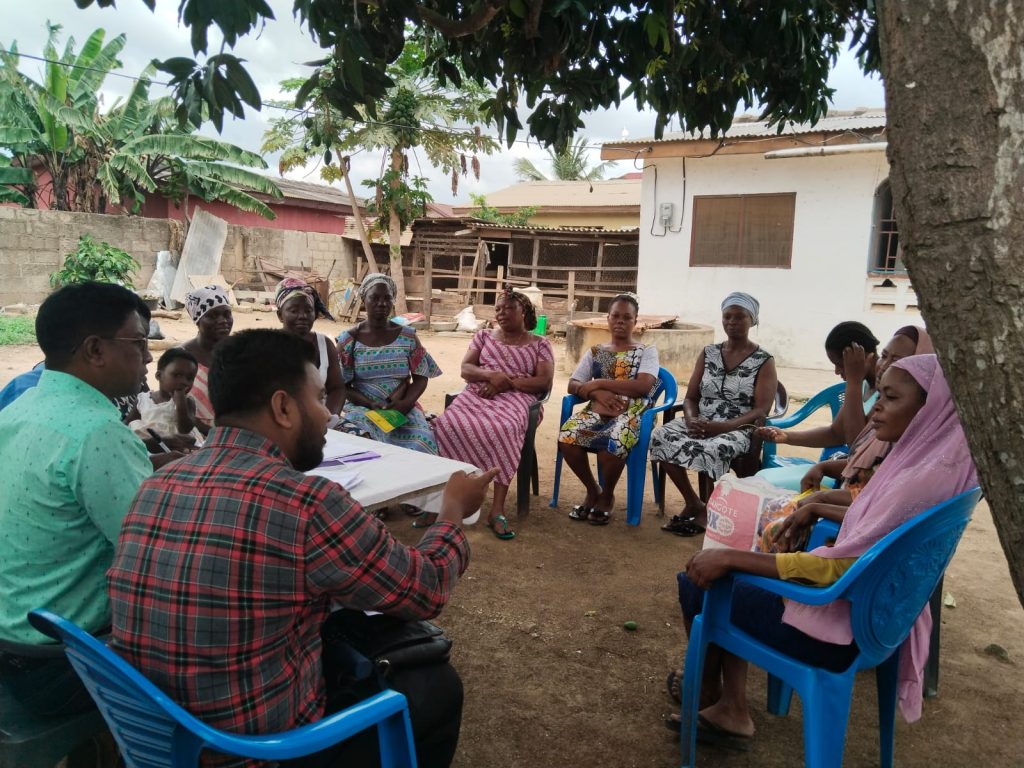Ambala International FNGO is a subsidiary of Ambala Foundation of Bangladesh.
Registration: CG05870770723
Explore

Lorem ipsum dolor sit amet, consectetur adipiscing elit. Ut elit tellus, luctus nec ullamcorper mattis, pulvinar dapibus leo.
Digital innovation is transforming the way we live, work, and interact. Here are some key points on the impact and importance of digital innovation:
Enhanced Efficiency: Digital tools and technologies streamline processes, reducing time and cost.
New Business Models: Innovations like e-commerce, fintech, and digital marketing are reshaping industries.
Global Reach: Digital platforms connect people and businesses across the globe, fostering collaboration and communication.
Smart Cities: Technologies like IoT and AI are making cities smarter and more sustainable.
Access to Information: The internet provides unprecedented access to knowledge and educational resources.
Digital Inclusion: Efforts to bridge the digital divide ensure that more people benefit from technological advancements.
Innovation Hubs: Tech incubators and innovation centers are nurturing startups and fostering a culture of creativity.
AI and Machine Learning: These technologies are driving advancements in healthcare, finance, and many other fields.
Cybersecurity: Ensuring the safety and security of digital information is paramount.
Ethical Considerations: Balancing innovation with ethical practices and privacy concerns.
Digital innovation is at the heart of modern development, continuously pushing the boundaries of what’s possible and creating new opportunities for growth and improvement.
Empowering women is a fundamental aspect of achieving gender equality and fostering inclusive growth in societies. It involves providing women with the tools, resources, and opportunities they need to reach their full potential. Here are some key points on empowering women:
Ensuring access to quality education for girls and women.
Providing vocational training and skill-building opportunities.
Creating job opportunities and supporting women entrepreneurs.
Ensuring equal pay for equal work and promoting financial independence.
Improving access to healthcare services, including reproductive health.
Addressing issues like gender-based violence and providing support services.
Enforcing laws that protect women’s rights and promote gender equality.
Ensuring women have access to legal recourse and justice.
Encouraging women to take on leadership roles in all sectors.
Promoting female representation in political, economic, and social spheres.
Empowering women not only benefits individuals but also strengthens families, communities, and economies, creating a more just and equitable world for everyone.
A holistic approach considers the whole system rather than focusing on individual parts in isolation. It’s about understanding the interconnectedness and interdependence of all components. Here are some key aspects:
Integration: Combines various aspects like physical, mental, emotional, and social factors.
Whole Person/Whole System: Focuses on the overall well-being rather than just one part.
Balanced Solutions: Leads to more balanced and sustainable solutions by addressing root causes.
Improved Outcomes: Enhances outcomes by considering all influencing factors and their interactions.
Healthcare: Treating patients by addressing physical symptoms, lifestyle, mental health, and environment.
Education: Developing curriculum that considers academic, social, and emotional growth of students.
Business: Implementing strategies that take into account employee well-being, environmental impact, and economic sustainability.
By embracing a holistic approach, we can create more effective, sustainable, and inclusive solutions that benefit all aspects of life and society.
Inclusive financial services aim to ensure that everyone, especially marginalized and underserved communities, has access to affordable and reliable financial products and services. Here are some key points:
Widespread Availability: Ensuring financial services are accessible to people in remote and rural areas.
Digital Inclusion: Leveraging technology to reach underserved populations through mobile banking and digital payment systems.
Low-Cost Services: Providing financial services at low or no cost to make them affordable for low-income individuals and small businesses.
Variety of Financial Products: Offering a range of services such as savings accounts, loans, insurance, and remittance services to meet diverse needs.
Tailored Solutions: Designing financial products that cater to the specific needs of different groups, including women, youth, and micro-entrepreneurs.
Education and Training: Promoting financial literacy and education to empower individuals to make informed financial decisions.
Community Outreach: Conducting workshops and programs to raise awareness about the benefits of financial services.
Supporting Growth: Enabling small businesses and entrepreneurs to access credit and financial resources, fostering economic growth and development.
Reducing Poverty: Providing financial tools that help individuals manage resources, save for the future, and improve their economic stability.
Inclusive financial services play a crucial role in promoting economic inclusion and ensuring that everyone has the opportunity to participate in and benefit from the financial system.
Ambala International FNGO is a subsidiary of Ambala Foundation of Bangladesh.
Registration: CG05870770723

Being socially driven means prioritizing social impact and working towards the betterment of society. Here are some key points:
Community Focus
Purposeful Action: Engaging in activities that address social issues and contribute to community well-being.
Collaboration: Partnering with community members, organizations, and stakeholders to drive positive change.
Ethical Practices
Responsibility: Upholding ethical standards and practices in all actions and decisions.
Sustainability: Promoting sustainable practices that benefit both society and the environment.
Inclusivity
Diversity: Embracing diversity and ensuring that all voices are heard and respected.
Equity: Striving for fairness and equality in opportunities and outcomes.
Impact Measurement
Accountability: Measuring and reporting on the social impact of initiatives and programs.
Continuous Improvement: Learning from experiences and continuously improving strategies to maximize social benefit.
Empowerment
Capacity Building: Empowering individuals and communities to build their own capacity and achieve their potential.
Advocacy: Advocating for policies and practices that support social justice and equity.
Being socially driven involves a commitment to making a positive difference in the world, focusing on the needs of others, and working collectively towards a more equitable and sustainable future.